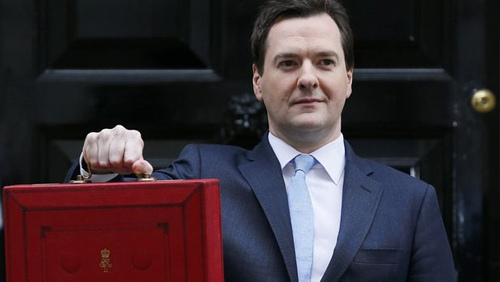The Government’s recent Budget (dated 16 March 2016) announced several reforms to disability welfare allowances.
Personal Independence Payment (‘PIP’) is a scheme which helps to contribute towards the extra costs of long term ill-health or disability. The Government’s plans will change the way PIP is calculated.
The Department of Work and Pensions assesses whether or not people are entitled to PIP using a points system. The bigger the impact of a disability or illness on a person’s day-to-day activities, the more points they get. For example, requiring assistance to eat scores 2 points. PIP claimants must score 8 points to be entitled to a basic allowance.
Under the new plans, the points system will be changed. The weight given to the use of aids and appliances in relation to dressing and managing toilet needs will be reduced from January.
The Parliamentary Under Secretary of State for Disabled People, Justin Tomlinson, argued that the changes will ensure PIP is fairer and targets support at those who need it most. Nicky Morgan, the Secretary of State for Education and Minister for Women and Equalities, said that the proposals were “still under consultation”. But the BBC reports that sources close to the Department of Work and Pensions said her comments don’t “tally with what we and Downing Street are saying”.
The BBC also reports that Work and Pensions Secretary, Iain Duncan Smith, resigned his post due to pressure to make the controversial changes to PIP. Mr Duncan Smith said that the changes were “not defensible” and “a compromise too far”.
Disability rights campaigners have criticised the effect of cuts to benefits and social care, claiming that they are making it more difficult for some disabled people to live independently. The changes to PIP come shortly after news that the House of Lords (that is, the second chamber of Parliament) was unable to block £30-a-week cuts to Employment Support Allowance (a benefit for people who are unable to work due to illness or disability) and cuts to Disabled Students Allowance for students starting higher education in September 2016.
The PIP changes are reportedly set to affect around 600,000 people by 2020. Many face the possibility of losing up to £150 per week.
Human rights have successfully assisted disability rights campaigners to challenge welfare cuts which unfairly impact disabled people. See, for example, our feature about Cameron Mathieson – a 3 year old disabled boy whose family used a human rights claim to show that taking away Cameron’s disability benefit while he was in hospital was discriminatory.
Take a look at our other resources to learn more about how human rights have helped people with disabilities here.







